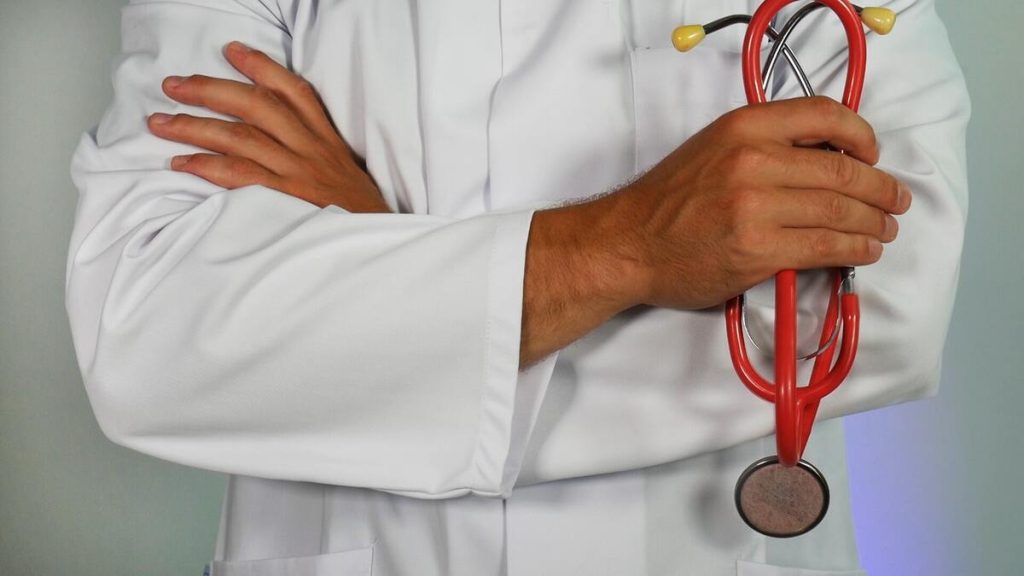If you or someone you love is struggling with addiction, inpatient treatment may be the best option. Inpatient treatment provides a safe and supportive environment while the individual goes through detox and begins to work on the underlying issues that have contributed to their addiction.
There are instances when simply going to an urgent care center will cut it, but there are also times when inpatient treatment is the best way to go. Here are eight indicators that inpatient treatment may be necessary for your loved one:
- Sign #1: The individual is unable to control their usage
- Sign #2: The individual has suffered a relapse
- Sign #3: The individual is experiencing withdrawal symptoms
- Sign #4: The individual is struggling to cope with their issues
- Sign #5: The individual is engaging in risky behaviors
- Sign #6: The individual’s health is deteriorating
- Sign #7: The individual is failing to meet their responsibilities
- Sign #8: The individual is experiencing legal problems
Sign #1: The individual is unable to control their usage
If the individual cannot stop using drugs or alcohol, even when they know it’s causing harm to themselves or others, inpatient treatment may be necessary. This sign can be especially concerning if the individual has been unsuccessful in previous attempts at detox or rehab.
Furthermore, if the individual is using drugs or alcohol to self-medicate for another mental health condition, inpatient treatment may be the best solution. Otherwise, the addiction will continue to spiral out of control.
Sign #2: The individual has suffered a relapse
If the individual has recently relapsed after a period of sobriety, inpatient treatment may be the best way to ensure their safety and provide them with the support they need. This could be difficult to hear, but it’s important to remember that addiction is a chronic disease.
Like with any other chronic disease, there may be times when the individual needs to seek treatment again. It’s nothing to be ashamed of, and it may be precisely what the individual needs to get back on the road to recovery.
Sign #3: The individual is experiencing withdrawal symptoms
If the individual is experiencing physical or psychological withdrawal symptoms when not using drugs or alcohol, inpatient treatment may be necessary. Withdrawal symptoms can be incredibly uncomfortable and even dangerous, so it’s vital to seek professional help if they are present.
Sign #4: The individual is struggling to cope with their issues
If the individual uses drugs or alcohol to deal with emotional or psychological problems, inpatient treatment may be necessary. This type of addiction is known as “self-medicating.” It can be very dangerous because it can mask the underlying issues causing the addiction.
Additionally, if the individual is not receiving treatment for the underlying issues, they will be more likely to relapse after inpatient treatment is completed. This is because the underlying issues will still be present, and the individual will not have any tools to deal with them.
Sign #5: The individual is engaging in risky behaviors
If the individual engages in risky behaviors such as stealing or illegal activity to get money to buy drugs or alcohol, inpatient treatment may be necessary. This is a sign that the addiction has taken over their lives, and they can no longer function healthily.
Sign #6: The individual’s health is deteriorating
If the individual is suffering from physical health problems due to drug or alcohol use, inpatient treatment may be necessary. This is especially true if the individual is not receiving regular medical care since their addiction took over.
Additionally, if the individual is not taking care of themselves and their hygiene has suffered, inpatient treatment may be necessary to get them back on track. Of course, this is also a sign that the individual’s mental health is deteriorating as well.
Sign #7: The individual is failing to meet their responsibilities
If the individual struggles to meet their work, school, or family responsibilities due to their drug or alcohol use, inpatient treatment may be necessary. This is a sign that the addiction has a negative impact on all areas of their lives.
Other signs of this nature include being arrested or in legal trouble due to drug or alcohol use, losing friends or family members because of the addiction, and financial problems.
Sign #8: The individual is experiencing legal problems

If the individual is getting in trouble with the law due to drug or alcohol use, inpatient treatment may be necessary. This could include things like DUIs, arrests, or jail time since the addiction took over.
It’s important to remember that addiction is a disease, and it’s not something that the individual can just “snap out of.” Inpatient treatment can be a life-saving decision for those struggling with addiction, and it’s essential to seek help if any of these signs are present.
If you or someone you love is showing any of the above signs, please seek professional help. Inpatient treatment may be the best way to ensure their safety and provide them with the support they need to recover.


